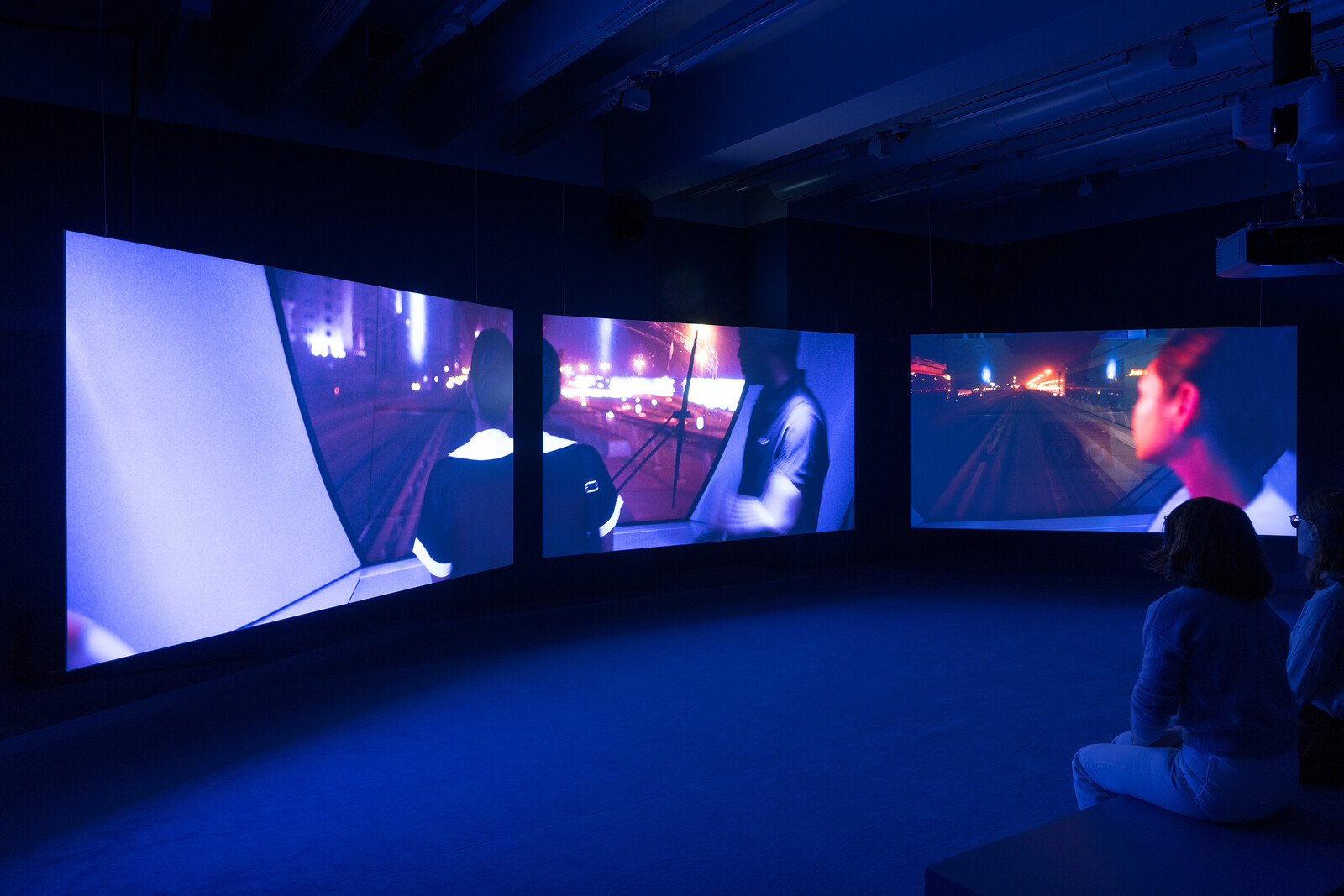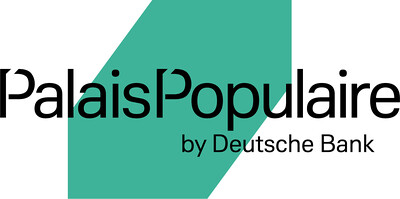PLAYTIME
Works from the Wemhöner Collection
March 8–July 10, 2023
Unter den Linden 5
10117 Berlin
Germany
Hours: Monday 11–6am,
Wednesday–Saturday 11am–6pm,
Thursday 11am–9pm
T +49 30 2020930
palais.populaire@db.com
The PalaisPopulaire is pleased to be hosting an exhibition devoted to Isaac Julien, an award-winning British artist and filmmaker known for his impressive lyrical films and video installations. Five years after the profound global financial crisis, Julien presented the film Playtime in 2013. In it, he addresses a fundamental question: how can capital be visualized?
On view in Germany for the first time, Playtime is more topical than ever. It is about networking, interconnectedness, and the influence that capital, which eludes any explicit possibility of representation, has on all political, social and societal spheres and thus on the lives of almost everyone on the planet.
Playtime is structured in five scene complexes with different protagonists whose professional or private existence is influenced by the power of capital or who know how to use it to achieve their own ends. All of the characters in the film are based on real people Julien knows personally. On the basis of a three-year elaboration of dialogues he had with the people, and intensive research, the artist developed representative characters for his narrative strands from their stories.
They are—in order of appearance—two hedge fund managers, an artist, an art dealer, a journalist, an auctioneer, and a maid. Through the characters, it becomes clear that Julien includes his own industry in Playtime. While Julien uses the means of film to explore the aesthetic dimensions of art, he has the auctioneer Simon de Pury, who plays himself, and the art dealer address the economic side of the art world.
The tragic hero in Playtime is the artist. On the surface, his appearance is not linked to the art world, but to the financial crisis that has shattered his dream of living in a spacious, modern house.
The two hedge fund managers seem to have weathered the crisis unscathed and are in the process of launching a new fund. They already have prestigious premises in the City of London, and numbers and greed define their daily lives. These are topics that could not be more far removed from the everyday realities of the Filipino maid. In order to provide for her family, she left her homeland, only to find herself in an employment relationship where she had virtually no rights and to lead a lonely life in Dubai.
In Playtime, the protagonists enter into an almost symbiotic relationship with their surroundings. The (urban) landscapes and interiors are not a backdrop. Rather, they symbolize the inner lives and emotional worlds of the protagonists on the one hand, and their social and economic position on the other. But the landscapes and cityscapes also serve another purpose: they illustrate, based on the filming locations of London, Iceland, and Dubai, how capital shapes the terrain according to its own image and needs.
In the visually powerful, poetic film Playtime, Isaac Julien not only makes the real existence of capital tangible, but also raises awareness of the individual, social, cultural, and ecological effects of capitalism.




